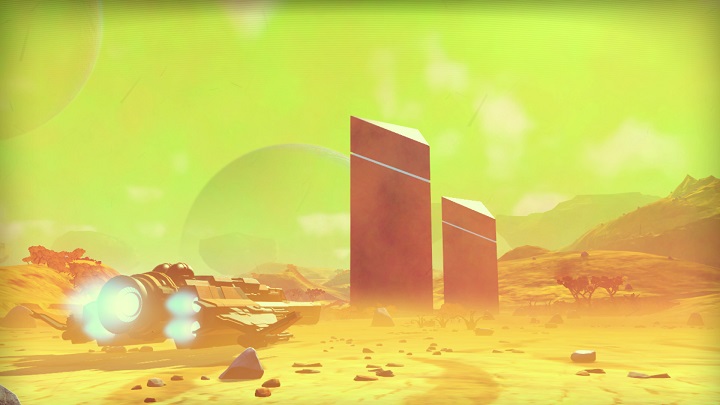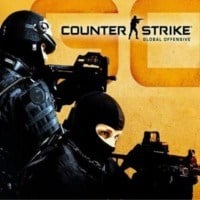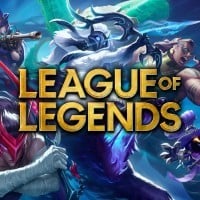Fails of 2016 – let's get ready to grumble
The gaming industry has definitely witnessed worse years than this, but it could’ve been A LOT better, too. 2016 is coming to end, and it’s the right moment to sit and moan about all the things that went wrong in the gaming biz in the last 12 months.
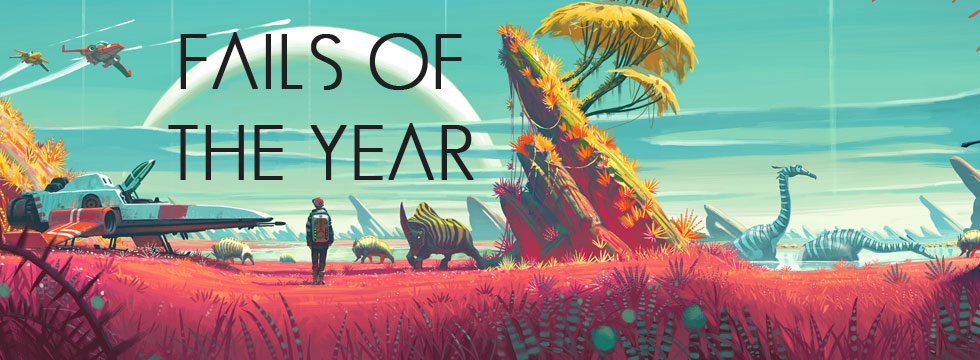
The ending year will surely not go down in history as the best 12 months of video games. It’s not that it was an unusually bad year – a couple of really good games came out, both in the AAA (Uncharted 4, Titanfall 2) and the indie segments (Darkest Dungeon, Inside, Firewatch). But for every great game that came out there was a new flop or controversy waiting around the corner to even things out. And since we’ve discovered sadistic inclinations within our editorial team, we’ve cooked up a nice little sum-up of the greatest disappointments of 2016 for our readers.
With some of the following stories you’re probably all too familiar, and about others you might have never heard – we discuss games that simply didn’t live up to our expectations as well as calculated schemes. Although most of you won’t be surprised to see No Man’s Sky as number one on this list of shame (let’s skip the artificial anticipation – we all knew who messed up the most this year), a few unpleasant surprises are also listed among the remaining 14 entries. Still, our goal isn’t to beat a dead horse – we just feel there are a couple of things we should publicly denounce to make sure they never happen again.
Let’s quit the stalling. Despite the unpleasant subject, we wish you a pleasant read, and hope that the coming year will generate a much shorter list of failures.
15. Titanfall 2 – between a rock and a hard place
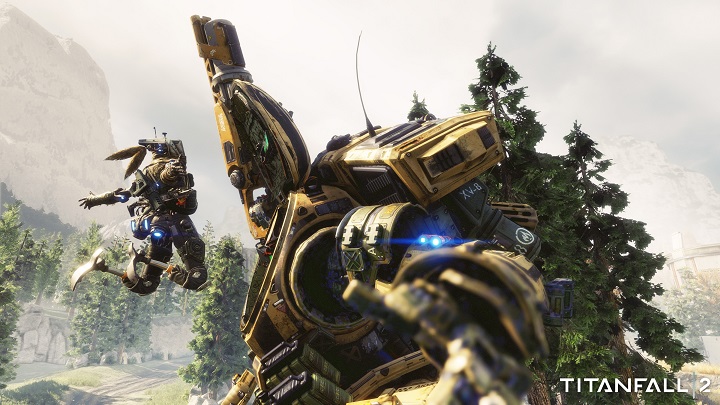
Titanfall 2 was one of this year’s best first-person shooters, reaping scores that placed it right beside the amazing Battlefield 1. Fantastic design of the multiplayer mode; an equally polished single player campaign; and, above all, incredibly satisfying gameplay. Why is the game even on this list? The problem with Titanfall 2 was the fact that the publishers decided to release it one week after Battlefield 1, and one week ahead of Call of Duty: Infinite Warfare. It’s hardly surprising that Respawn Entertainment’s game didn’t conquer the market, pitted against two fan-favorite series. And that’s a great shame; should the release be moved at least one month forward, the game could have become a multiplayer smash hit. Titanfall 2 is a great title, its potential slaughtered by a thoughtless marketing decision.
14. The Game Commercials 2016
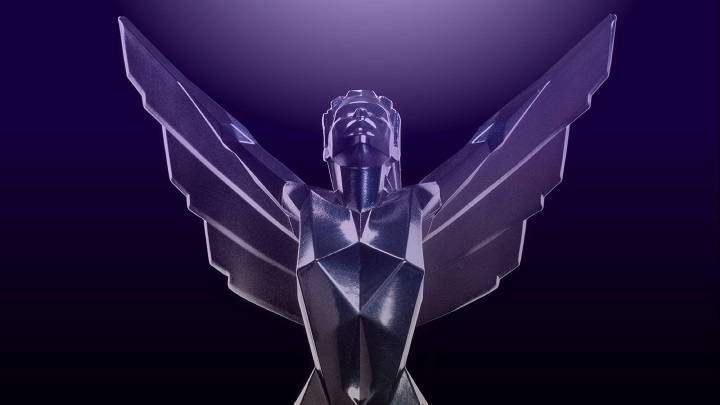
Why don’t video games have their own Academy Awards? You could argue that the industry’s still too young for that. Yet judging by this year’s The Game Awards, one could conclude that no one is actually doing anything particular for that to happen. The ceremony seemed rushed, the awards given as quickly as possible to make room for more trailers and commercials. The whole thing, hosted by Geoff Keighley, was a good opportunity to see some fresh materials from the upcoming hits, but when it came down to the awards proper, it was sometimes hard to understand the justification of some choices. The worst part, however, is that this formula is rather unlikely to change next year, because 2016’s The Game Awards recorded an incredible surge in popularity – almost 4 million people watched it.
13. Riot Games co-founder cheating in League of Legends
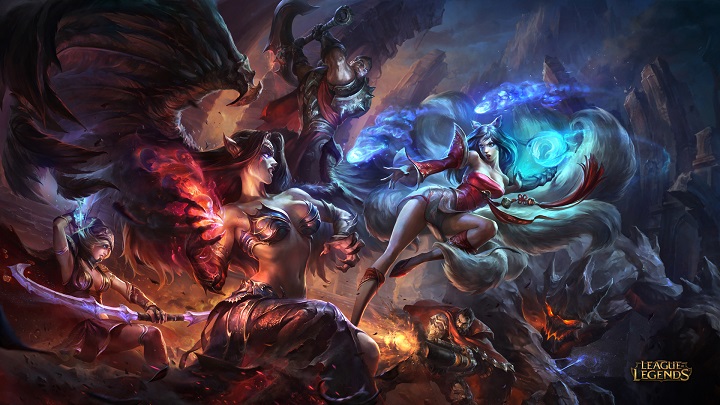
This is one of the low-profile stories – mostly fans of e-sport might have come across it, especially since it goes back all the way to 2012, and was only revealed this year. The villain here is Marc Merrill – Riot Game’s co-founder. Four years ago, he would regularly “lend” his account to an ex-pro gamer, Only Jaximus, to get some sweet stats – a practice strictly forbidden in ranking-based games, obviously. If that had been it, though, the whole thing would have probably gone unnoticed. The most outrageous thing about the whole scandal was the studio’s reaction; they decided that Merrill wouldn’t be disciplined in any way. No wonder that this story rocked the world of electronic sport.
12. The Division, or Watch Dogs encore
This year’s hit game by Ubisoft wasn’t terrible – it could actually be pretty fun – but if you compare the promises of the developers, especially those made right after the game was announced, with the final outcome, you simply have to be disappointed. Apart from less-than-inventive mechanics, limited survival elements, and a modestly-sized city (especially for this sort of game), The Division was plagued by a whole slew of problems since day one – starting with poor optimization on PC, through a myriad of glitches, to hordes of cheaters who got down to troubling decent players just days after the release. The Division wasn’t abandoned, however, and Ubisoft continues to support it. For a game this hyped, though, it should have offered more from the get-go.
11. Bethesda’s new reviewing policy
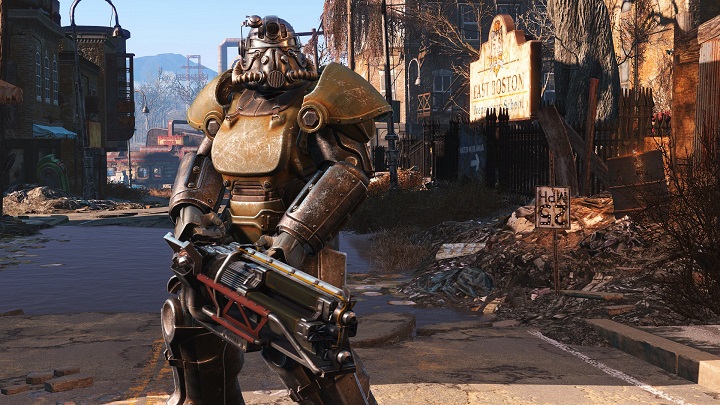
Shortly before the release of The Elder Scrolls V: Skyrim Special Edition and Dishonored 2, the publisher of both of these titles, Bethesda Softworks, officially announced that the era of inviting media to review their games before they’re released is coming to a halt. As an immediate consequence, any reviews of their games will be posted at least a couple of days after these games come out, which in turn means that the players – creatures rather impatient and prone to buying games as soon as possible – will not be able to learn of potential problems, such as glitches or poor optimization, in time to make an informed decision. There is another issue as well: a certain risk that, in face of such policy, reviewers may be urged to finish their pieces before other sites do at all cost, which could impair the quality of their reviews. Bethesda explains that they want everyone to enjoy their games at the same time, adding that pre-release reviews don’t influence their sales. Curious.
10. Battleboredom
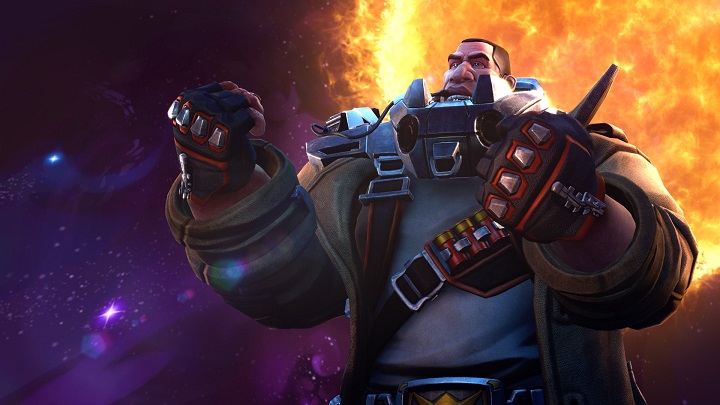
This year was supposed to be the stage for a clash of titans in a new genre – hero shooters. In one corner, Overwatch, the first new IP by Blizzard in nearly two decades. On the opposite side, Battleborn by Gearbox Software, the team behind Borderlands and Brothers in Arms. This could have been epic. Sadly, it wasn’t. Blizzard crushed the opponent in the first round – not only because Overwatch delivered such powerful punches, but because Battleborn couldn’t even properly hold its guard. Gearbox Software’s game does offer more features, but it makes no difference since none of them have been thoroughly designed and developed. There’s a lot of bugs in the game, and not enough character. And certainly too little playability – the fight was lost before it had even begun. The epic confrontation of hero shooters turned out to be a one-man show, Battleborn has quickly lost its supporters, and is probably looking at switching to free-to-play in the future.
9. Blizzard fails to deliver for the 20th anniversary of Diablo
The 2016 edition of BlizzCon was supposed to be exceptional – Blizzard is celebrating the 20th anniversary of one of the all-time classics, Diablo. Many fans were sitting on the edges of their seats, anticipating a special gift from the developers. A new, big expansion to Diablo III? Maybe even an announcement of an entirely new installment in the series? Rumors were circulating about some truly exciting news awaiting the fans of the franchise. And then Blizzard announced a paid DLC for the third Diablo, introducing an old-new class (Necromancer), and a “remake” of sorts of the original game. In fact, Blizzard didn’t decide to revamp the entire game but instead is offering 16 levels of the dungeons below Tristram. What’s even worse, the special in-game event will be time-limited. For the most passionate Diablo fans this is a huge disappointment.
8. Not-so-fresh refreshed classics
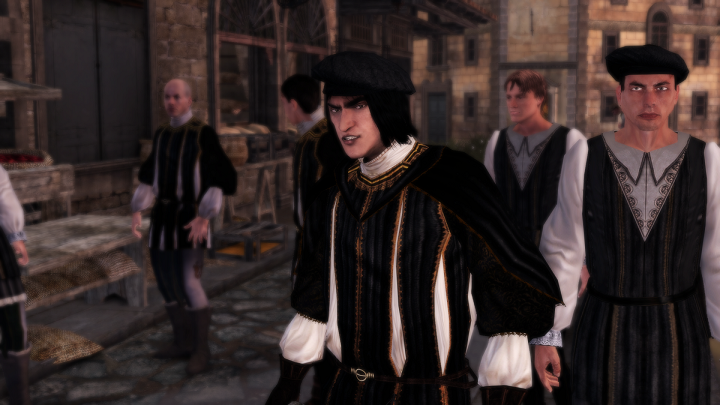
Remakes and remasters almost invariably meet with backlash, even if they’re done properly – which can’t be said about a couple of classics that came back in 2016 after some botox injections. While titles such as Ratchet & Clank or Day of the Tentacle in their new garments seemingly didn’t disappoint the old fanbase, the opposite side of the spectrum was readily reinforced by a trio of otherwise venerable gentlemen: Assassins Creed: The Ezio Collection, Batman: Return to Arkham or BioShock: The Collection – all of these had considerable technical problems, little to no new content, and rather negligible tweaks (to put it mildly). And even if the remaster itself was “okayish”, something else had to be wrong – for example the method of distributing the revamped Call of Duty: Modern Warfare.
7. DLCs for unfinished games
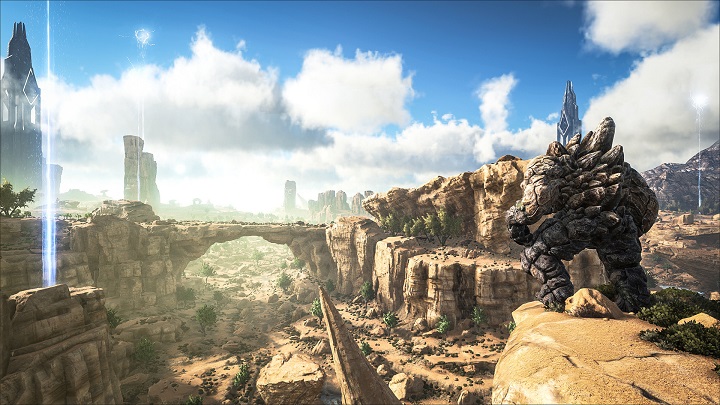
2016 managed to exemplify – on a couple of occasions – that the notion of downloadable content doesn’t have to be the devil in disguise. Unfortunately (probably in order not to spoil us), this year also graced us with DLCs that belong in the realm of absurdity. For instance, Polish studio PlayWay announced an expansion called Golden Train for their game Train Service. The thing is that at the moment we didn’t even know that the latter was being developed in the first place. But while we might simply shrug off the studio’s attempt to jump on the Nazi gold train bandwagon (after all, the story was on everyone’s lips for a while), the modus operandi of the creators of ARK: Survival Evolved can hardly be excused. In September, they announced a paid DLC entitled Scorched Earth for their game, which… is still in Early Access. I don’t think anyone can blame the outraged community for pointing out that making DLCs instead of mending the existing issues of ARK isn’t quite fair.
6. PC still sidetracked
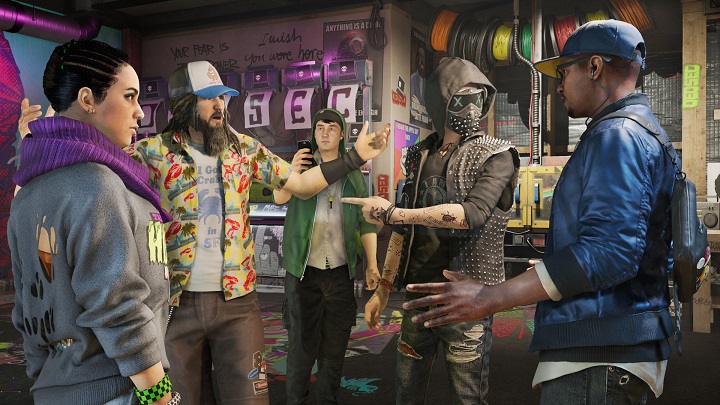
Who would have thought that Watch Dogs 2 will be one of the best PC ports of 2016.
PC ports of the greatest AAA titles have been disregarded by the publishers for a couple of years now, and 2016 hasn’t changed anything in this respect. The GPCMR has been ignored by well-known developers and publishers (see: Dishonored 2 and Mafia III), and by smaller teams as well – as asserted by the cases of No Man’s Sky or Barman: The Telltale Series. Optimization also seems to be becoming a lost art, and it probably will stay that way in 2017. Let’s look on the bright side, though: Ubisoft’s ports, which until recently have been notorious for being, well, unsatisfactory, are now a shining example for other studios to follow.
5. Where’s the VRevolution?
Can you still remember last year’s promises? 2016 was supposed to bring Virtual Reality to the masses.… Well, considering the prices of the hardware needed to maintain VR headsets (and of the headsets themselves) it probably wasn’t the time for VR to conquer the mainstream. Nonetheless, 2016 was supposed to be the advent of the VRevolution – it’s the end of December and it’s nowhere to be seen, although maybe it will make the final effort on the 31st, who knows. While it’s true that VR goggles have hit the shelves, and are working quite well (give or take some technical problems, which usually don’t spoil the fun entirely), the dizziness some people experience while using a VR headset still remains one of the more prominent issues.
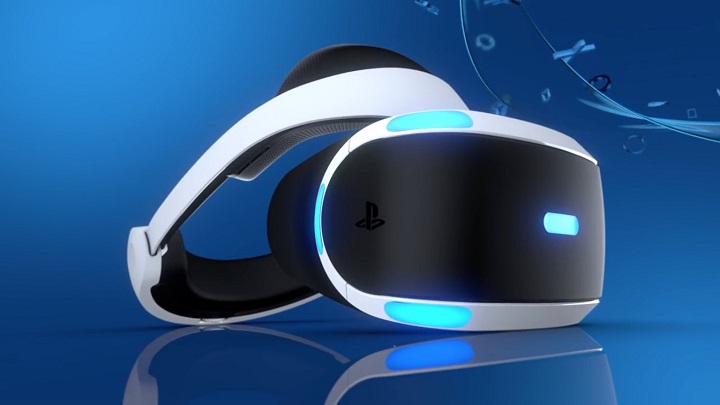
Despite that – and despite the grand openings of Oculus Rift, HTC Vive and PlayStation VR – there is no trace of the initial excitement. The whole thing went silent after the last headset model was released, and the reason for that was simple: when a product is released, the smoke and mirrors of hype are no more – either the product is able to defend itself against the frontal assault of the customers (ideally by providing breathtaking experience) – or not (which is the case thus far). Almost every game released for VR is either terribly short or awfully simplistic in terms of mechanics, or, alternatively, has other technological constrains that can’t be surpassed (the famous case of a shooter called Onward, which can’t be played by anyone shorter than 167 cm). Even though the initial impressions in VR are definitely exciting, the technology is in its infancy, and it needs some time to utilize more than a fraction of its potential.
High system requirements, an even higher price, and all sorts of problems – unfortunately, Boxing Day in 2016 will not be dominated by VR goggles. There are still crowds of players who haven’t even tried VR themselves – Virtual Reality booths in stores aren’t as popular as Xbox or PlayStation stands, and the only alternative would be to try one at any of video games expos. Hence, most of the players who fancy obtaining a VR headset would be forced to pay a lot of cash for a pig in the poke. We’re not dismissing the VR altogether – quite the contrary; we’re sure it will give us a ton of great fun one day – but 2016 was a false start for this technology.
4. The sins of Mafia III
What can we say, dear readers? From the first gameplay presentation at last year’s gamescom, it was quite obvious that Mafia III would not live up to the expectations of the series’ old fans. Before the release, the game by Hangar 13 was criticized mainly for dropping the setting, firmly established in the previous games, for the sake of picturing the late 1960s; for pushing the Italian mafia into the background; and for all-too-great similarities to the Grand Theft Auto series. While the game managed to deflect the first argument – the story of Lincoln Clay was indeed engaging, and the atmosphere of the Vietnam-war-era United States was truly evocative – I don’t think anyone had expected that we would receive a game that misguided.
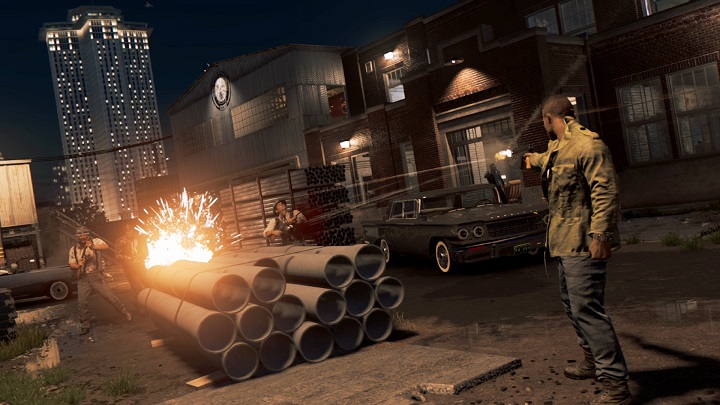
Mafia III is certainly one of the most glitch-ridden game of the past 12 months – and those are the kind of bugs that really make you cringe. Textures conspicuously loading in, pitiful physics, objects suddenly appearing from the void, the protagonist falling under the map – the game by Hanger 13 has it all, and in fact it could compete with some games available in Early Access. Those who bought the game for PC definitely fared worst of all – not only did they have to cope with all these glitches, but also with atrociously bad optimization and the animation locked at 30fps (the latter problem was eliminated shortly after the release).
But even if Mafia III was technically flawless, it’s arguable that it would become the next classic. The virtual New Bordeaux is full of side quests, activities and hideouts to unlock, but in each of these elements soon falls victim to routine The tasks available are extremely repetitive; the poor AI takes away any sense of challenge, and this sorrowful picture is completed by the graphics, which don’t fare too good compared to most modern AAAs. Is the fourth part going to be any better? Cross your fingers, but don’t hold your breath – the bug-ridden Mafia III turned out to be the biggest release in the history of the publisher, 2K Games (and names like BioShock or Brothers in Arms ought to ring a bell), so it’s hardly possible.
3. Gambling scandal in Counter-Strike: Global Offensive
In 2016, the gaming industry also saw the first major gambling scandal bred entirely in its own backyard. Ever since Counter-Strike: Global Offensive introduced the skins that can modify the look of equipment, the game has never been the same: they quickly became a commodity, and the rarest ones would sell for thousands of dollars. Valve, which is the publisher of the game, hoped that they would manage to contain all that trade within the confines of Steam – but that hope soon turned out to have been futile. The skins got out of the platform, and the players with stronger economic inclinations soon found a way to earn a buck on the side, by opening sites where the skins would be drawn in a lottery of sorts.
One of such sites was CSGOLotto – despite its overall shadiness, it drew crowds of CS players, and for a good reason, too: YouTube was full of clips on which popular streamers won thousands of dollars in the unusual currency within minutes – needless to say, it was very stimulating for the imaginations of players all over the world, allured with seemingly easy money. The gambling would probably have gone on, if not for a then low-profile YouTuber going by the name of HonorTheCall, who discovered that the people advertising those sites on YouTube were actually their owners – which they of course had forgotten to mention. The first “perpetrators” to be busted were TmarTn, ProSyndicate and JoshOG. Some time later, the inglorious bunch was joined by a former pro gamer – m0e, who was linked to another site, CSGODiamonds; he received information about the outcome of the lotteries in exchange for advertising the service.
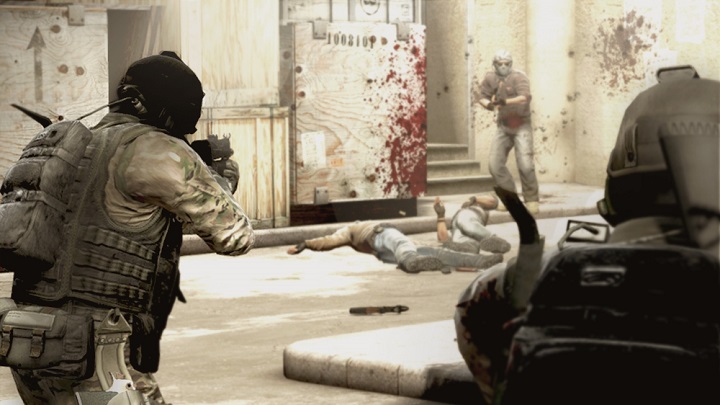
The gambling scandal really blemished the credibility of the famous streamers.
The attempts to sweep the whole matter under the rug failed – although the streamers tried to defend themselves by saying that annotations informing the viewers about their connection to the aforementioned sites had been added to their YouTube clips long before the scandal, there was just too much evidence against them. Upon recognizing the gravity of the situation, Valve decided to take action – they explicitly denied any association with the gambling sites, proceeded to block links leading to them and prevented the Steam infrastructure from being utilized to set them up. This, however, is a poor redemption on their part – while it’s true that the streamers were in the vanguard of this whole scandal, it was Valve that created the perfect environment for this all to happen.
2. Universal Windows Platform tries to oust Steam
Universal Windows Platform, or the digital platform by Microsoft that connects all the devices by the Redmond giant into one net, is certainly among the worst things to happen to gamers this year. Microsoft seemed to believe that it would be able to claim the title of the king of the digital distribution hill (or rather snatch it from Steam), and limited the communication between UWP and Steam. We had a taste of this with Call of Duty: Infinite Warfare. Activision announced – before the game was even released – that not only will the copies bought on Windows Store not support cross-platform gaming between PCs and Xboxes, but users of UWP and Steam won’t be able to play together either.
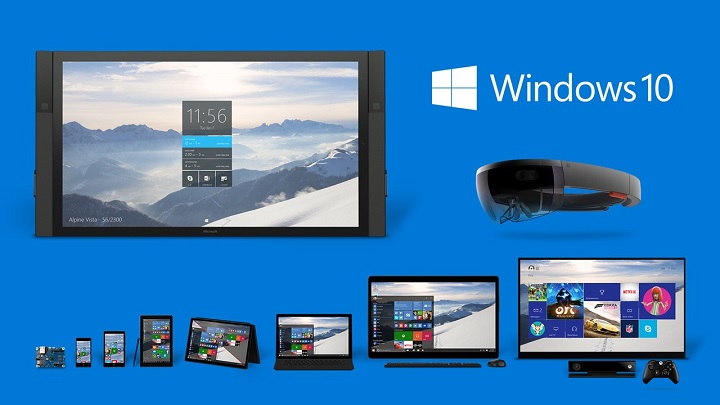
In case of games released by Microsoft, Universal Microsoft Platform also caused more than one headache. Gears of War: Ultimate Edition and Quantum Break (when it comes to the latter, it’s no longer the case) are examples of games available exclusively in Windows Store. It would be easier to bear had the platform been well-designed, but that’s not the case: it lacks support for many technologies, while others are imposed on the users; it’s also impossible to use certain popular apps – we don’t even mention trying to use Steam. The players have obviously vocally criticized the solutions used on both Universal Windows Platform and Windows Store, but thus far, Microsoft didn’t react – apart from making a few promises and announcement, that is.
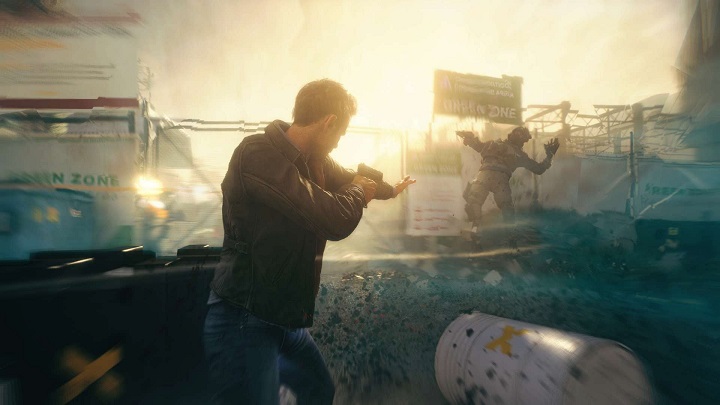
No wonder that we’re hearing more and more opinions suggesting that Microsoft simply wants to weaken Steam’s position, paying little heed to the opinions of the gamers. Perhaps Tim Sweeney of Epic Games put it best when he said that Microsoft, by forcing the devs to release their games on Universal Windows Platform and by releasing updates that make Valve’s platform less efficient on Windows 10, will in consequence close off the PC market. Such a grave vision doesn’t seem to be very probable, though, considering how popular Steam currently is. What seems more likely is simply that Universal Windows Platform will eventually follow Games for Windows Live into the abyss.
1. No Man’s Lie
Every list of this year’s greatest gaming disappointments simply has to contain this little fellow.
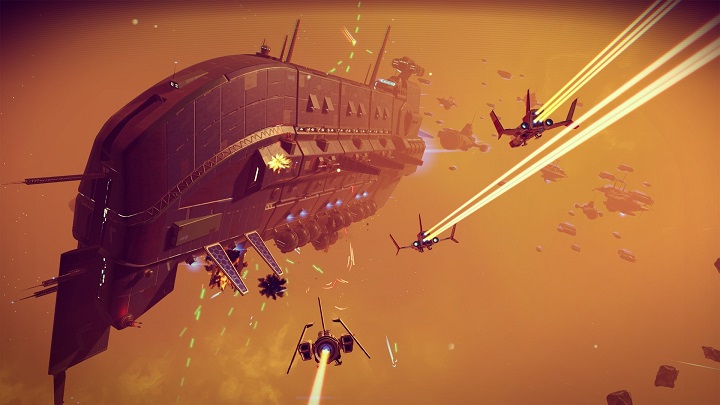
In order to fully appreciate the biblical scale of this disappointment, we have to go back all the way to 2013. That’s when Hello Games announced their vision – a concept of a vast, procedurally generated universe shaped only by the players. It was supposed to be epic: grand space battles, monstrous flora and fauna, exciting, great discoveries… The small studio plunged right into the unexpected wave of popularity – the truth was that no one could’ve delivered everything that Sean Murray had promised. Months passed, the game was postponed time after time, until it finally landed… you know the rest of the story.
It wasn’t that the game didn’t manage to meet all the expectations – many people who had been less than excited about the whole project presumed a failure of some kind. But there, under the veil of exciting exploration of an infinite universe, hid a game that wasn’t at all engaging, that was devoid of interesting mechanics, and generally irksome. And let’s not forget the issues with fluency and other glitches on PC. If that were all, though, No Man’s Sky would have been simply called a “another mishap”.
This wasn’t the point, however. Some elements inherent to the very vision presented by Sean Murray and company weren’t included in the final game – no diversified planets, missing elements of environment and ships. The worst part came just a day after the game’s release on PlayStation 4: two streamers arranged a rendezvous in a specific location on a specific planet, thus proving that meeting others in No Man’s Sky was completely impossible – contrary to what the devs promised. The case reached a point where one of the outraged players decided to seek legal action against the studio, accusing it of false advertising and prompting the Advertising Standards Authority to investigate.
Now, roughly four months after the release, the storm has finally died out. The devs have recently released an update, which mends the game slightly, although it’s still far from being true to the original idea. All in all, No Man’s Sky has become the synonym of an utter flop, extreme disappointment, false promises and an absolute lack of communication with players.
It’s really a sad story of a group of enthusiastic developers, who wanted to bite more than they could chew. On the upside, this was a valuable lesson – both for young studios and for the players, who took all the promises at face value.
